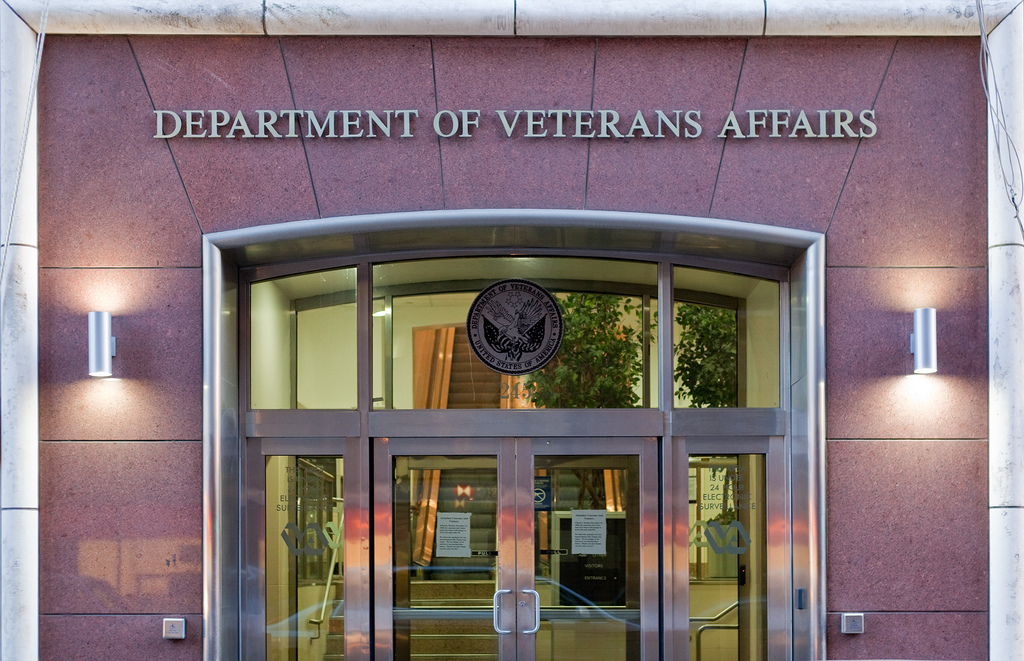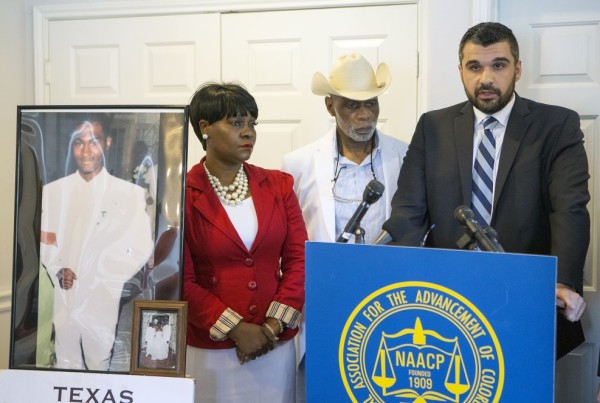If passed, a new bill in Washington may affect the health care of many military veterans. Since Texas has the second largest population of veterans in the country, the bill could have a strong impact in the state.
The bill, known as the VA accountability act, was passed in the House of Representatives earlier this week, and now heads on to the Senate. However, the Obama administration says it is prepared to veto the bill if it makes it to the president’s desk. Leo Shane is a congressional reporter for the Military Times – he explains what the legislation is meant to address.
“We had similar legislation passed around this time last year. It was really a direct response to those wait time scandals…. That passed with pretty strong bipartisan support,” he says. “This bill, this year, builds on that. It’s extending those firing provisions, dismissal, demotion to a much larger set of employees. This essentially would cover all of the department.”
Although last year’s bill did have bipartisan support, the current legislation is not supported by both parties.
“[Republicans] are frustrated. They say ‘Look, this is a natural evolution; we’re making it easier. We want to get bad employees out.’ But with a year of reflection, a year of implementation, Democrats and the White House have looked and said ‘Look, this is cutting too deep into federal workers’ rights,” Shane says. “They accuse Republicans of basically making everyone in the Department of Veterans Affairs an at-will worker, somebody who could be dismissed for just about any reason at any time.
Shane says the bill passed through the house on a partisan vote, but veterans groups are pretty upset about it. “They see this as potentially another reform bill, another way to improve the department, but they also see this now just devolving into more partisan politics,” Shane says.
Fewer than 10 administrators faced discipline or firings after last year’s scandals, although dozens were publicly identified as connected to the problems, Shane says. This bill proposes increasing the number or problem employees, but may not be able to do so if voted down by the Senate.
“It will be interesting to see if Senate leadership makes this a priority and tries to bring it up,” Shane says. “Of course over in the Senate it’s much easier for the minority party to block progress on this, so we may never see it get to the president’s desk because it may not be able to survive a senate vote.”
















